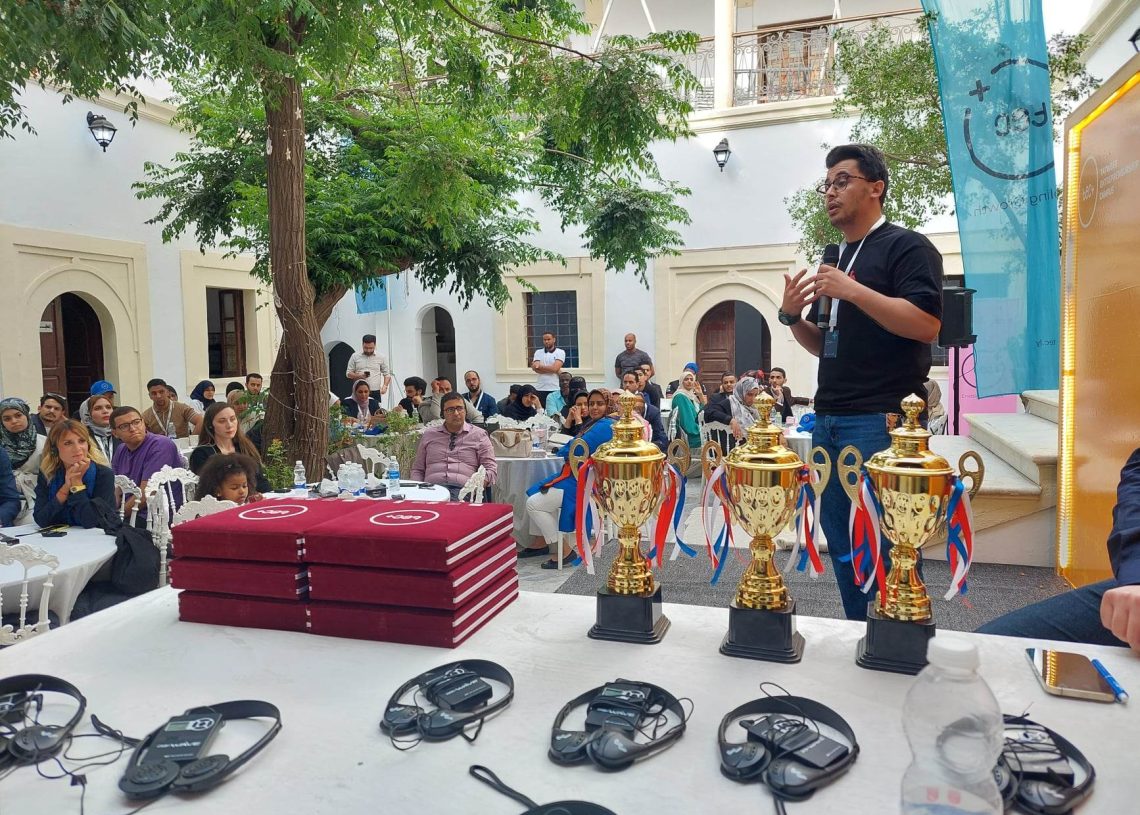This report by Federica Saini Fasanotti from GIS Reports Online discusses the mistakes made by European countries in their approach to the Libyan crisis. It highlights Europe’s failure to form a united strategy, as individual nations pursued their interests, leading to an intensification of the conflict. The report argues that Europe’s disunity has allowed external players, such as Russia and Turkey, to increase their influence in Libya, further complicating the situation.
The report also mentions Europe’s inadequate response to the migration crisis originating from Libya. Instead of addressing the root causes, European countries have focused on stopping migrants from crossing the Mediterranean, which has led to human rights abuses and increased instability in Libya. Additionally, the report asserts that Europe’s arms embargo on Libya has been ineffective, as weapons continue to flow into the country, fueling the conflict.
In conclusion, the report suggests that European nations must work together to develop a cohesive strategy to address the Libyan crisis. This includes addressing the root causes of migration, implementing a more effective arms embargo, and fostering a political solution that takes into account the interests of all Libyan factions. By adopting a unified approach, Europe can play a more constructive role in stabilizing Libya and securing its own interests in the region.

